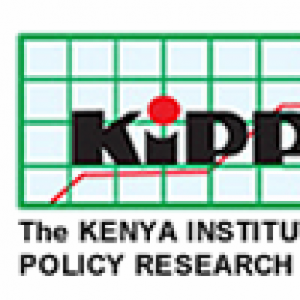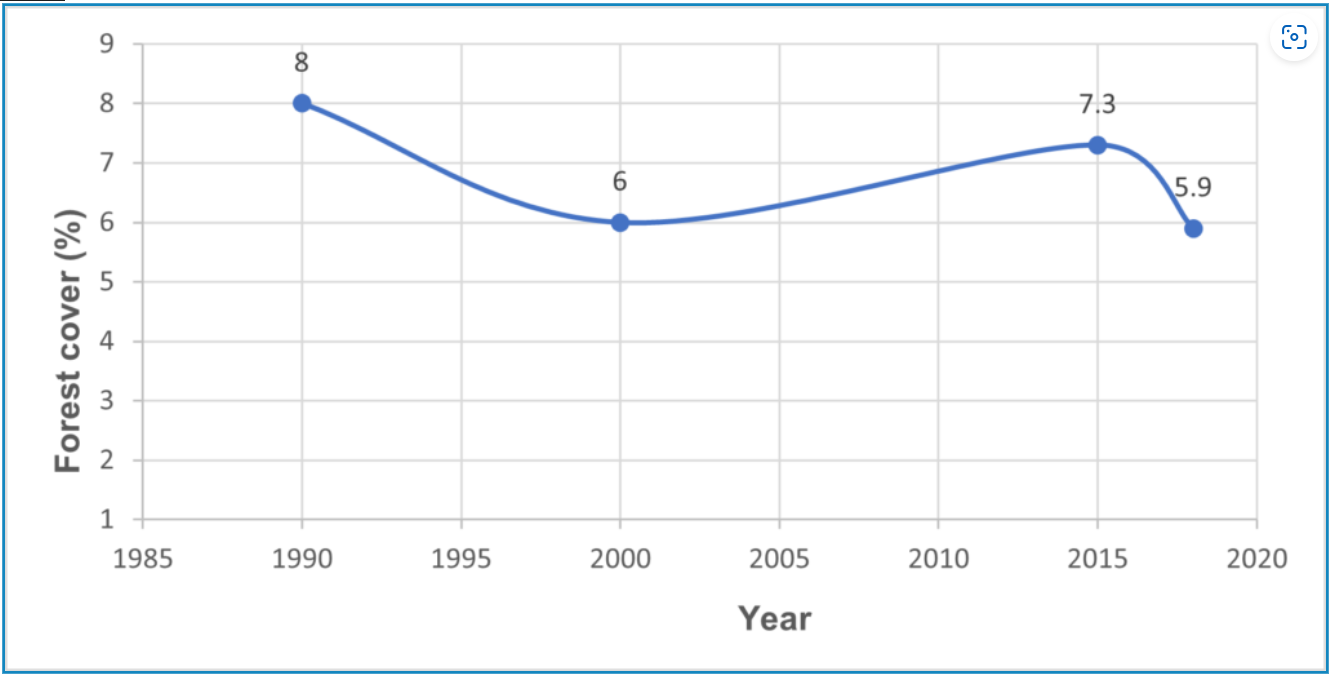Introduction
Unemployment insurance is an important pillar aimed at providing financial support for individuals facing job loss, and its significance has been underscored by recent events such as the COVID-19 pandemic. The pandemic highlighted the essential role of such systems in providing economic stability during unforeseen crises. To ensure the success of unemployment insurance, it is imperative to carefully design the system, set appropriate contribution rates, establish clear withdrawal rules, and maintain effective governance. Striking this balance is crucial in providing financial security without discouraging job seekers or imposing undue burden on employers, thereby safeguarding the programme’s long-term sustainability.
The Sustainable Development Goal (SDG) Target 10.4 urges countries to implement social protection policies to enhance equality. Social protection fosters economic growth, decent work, and inclusive industrialization by investing in human capital, reducing worker insecurity, and injecting funds into communities. In Kenya, social protection measures are in place, including healthcare coverage through the National Hospital Insurance Fund (NHIF) and retirement benefits managed by the National Social Security Fund (NSSF). While the country introduced a unique universal social pension for those aged 70 and above in 2018, individuals who lose their jobs currently face a disadvantage as discussions around implementing unemployment insurance remain in the proposal stage. Various initiatives, such as maternity income benefits, voluntary contributions under NSSF (Haba Haba), and NHIF’s Supa Cover aim to support informal sector workers and enhance overall social protection. Targeted assistance programmes also aid vulnerable groups, including orphans, drought-affected households, and people with disabilities.
Factors Influencing Unemployment Insurance
In 2022, Kenya was yet to introduce an unemployment insurance system, leaving individuals without a structured mechanism for financial assistance in the event of job loss, whether due to redundancy or illness. However, a comprehensive unemployment insurance bill was actively being deliberated within the National Assembly. The proposed legislation seeks to institute Unemployment Insurance Fund, with contributions expected from both employers and employees. Additionally, the bill outlines the establishment of the Unemployment Insurance Authority, tasked with supervising the fund’s administration to ensure its effectiveness.
The proposed unemployment insurance bill faces a substantial challenge concerning its funding model. The source of contention lies in the proposed approach, which entails deducting a percentage of employees’ salaries to be matched by employers to fund the Unemployment Insurance Fund. This method may spark concerns among employers and employees, who may argue that the cumulative effect of these deductions, especially considering recent additions such as the housing levy and new NHIF deductions will be unsustainable. The heart of the dispute may revolve around determining the primary responsibility for funding the scheme, with employers and labour unions offering differing perspectives.
The current unemployment insurance bill, based on data from the Kenya Economic Report (KER), aims to provide protection for 15.7% of the wage employees who may lose their jobs (Figure 1). However, this approach highlights a significant inclusivity gap. About 83.4% of the workforce operates within the informal sector and would remain without this protection. This underscores the urgent need for a more inclusive unemployment insurance system that prioritizes the well-being of all workers, regardless of their formal or informal employment status.
Figure 1: Status of employment in Kenya, 2016-2022 (%)

Source: KIPPRA (2023), Kenya Economic Report
Conclusion and Recommendations
To alleviate the immediate impact of unemployment insurance deductions on paychecks, it is advisable to adopt a gradual employment insurance approach. Incremental increases in contributions, especially during periods of economic recovery, can enhance the acceptability of the system among both employers and employees.
To address the financing model challenge of unemployment insurance, the government may initiate further discussions among various stakeholders, including employers, labour unions, and other stakeholders. Collaboratively, they could develop a fair and lasting method for funding the insurance programme, potentially by utilizing funds from existing social security contributions and seeking government budget support.
To better address the needs of informal sector workers, Kenya could consider the establishment of Unemployment Insurance Savings Accounts (UISAs). This comprehensive approach would involve contributions from both formal and informal sectors, creating a robust safety net for all workers during periods of unemployment.
Authors: Joseph Nyaramba, KIPPRA Young Professional
Moses Thuranira, KIPPRA Young Professional





